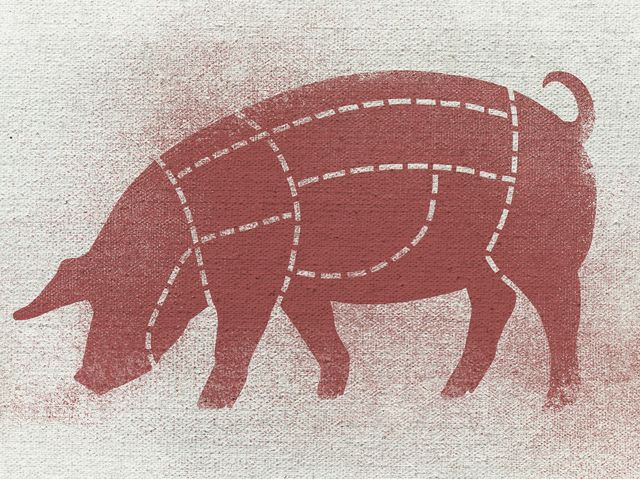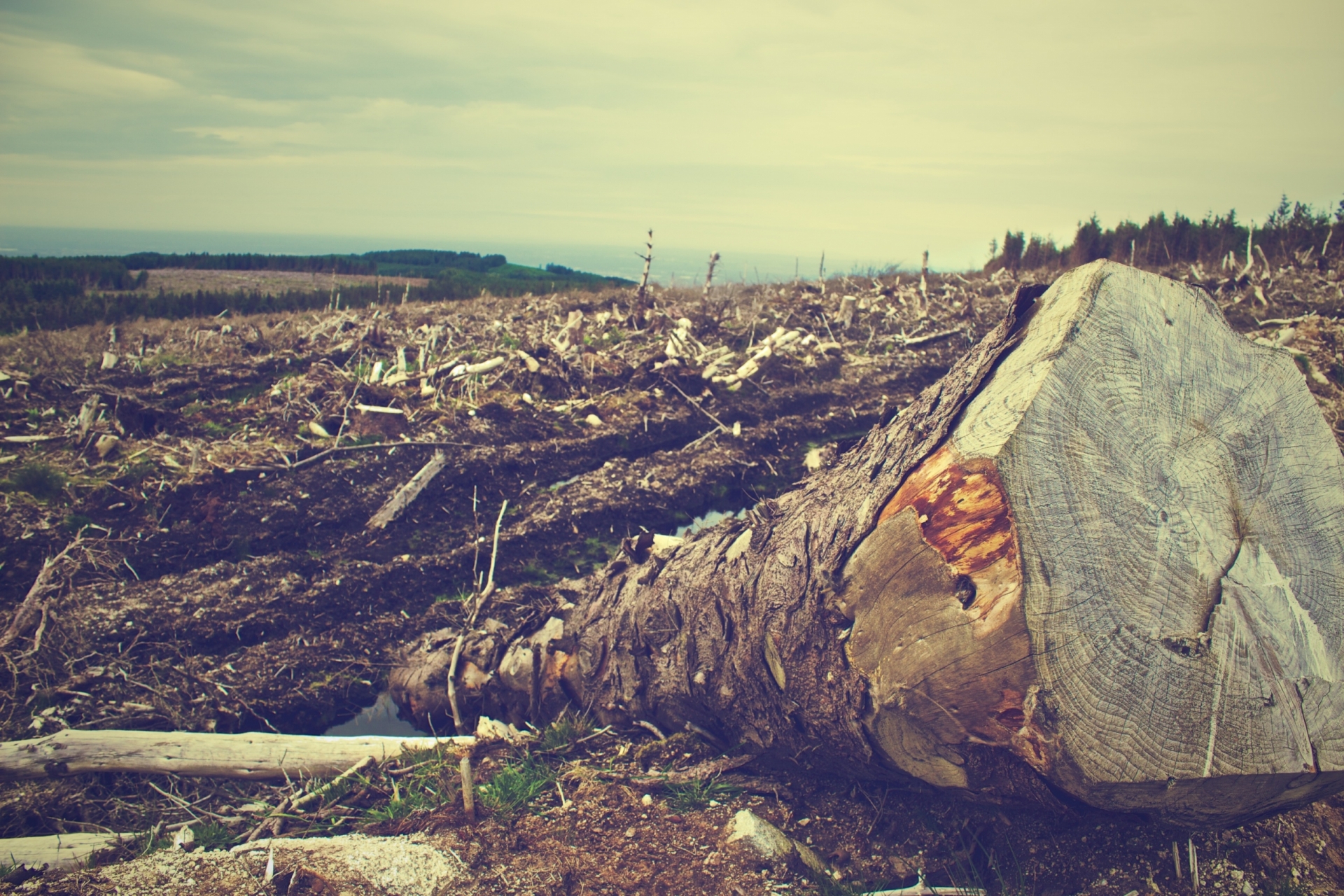
A load of tripe?
To eat meat or not to eat meat, is that the right question?
Big Livestock, the rearing of livestock on an industrial scale, has a massive negative impact on our planet, 36% of world crops are used to feed livestock, not people. Meanwhile, animal-based foods (meat and dairy) only deliver 12% of the world’s food calories. For environmental reasons many of us have turned to meat-free diets to reduce our carbon footprint. For those of us who want to eat meat we need to adopt a ‘Less and Better’ approach and I have an offal-y good place to start.
Recent research focusing on Germany’s meat supply chain showed the single most effective way to reduce emissions from producing meat is unsurprisingly to eat less of it, showing that halving meat consumption could reduce Germany’s meat emissions by 32%. The study also showed that eating more offal could significantly reduce emissions. If 50% less offal was wasted, then emissions could fall by 14%. If we are going to eat meat, we should eat the whole animal. Eating more offal and reducing overall meat consumption means less intensive meat production i.e. less animals living in factory farms.
This approach should be adopted across all the food we eat; nose to tail, fin to gill and root to stem. Waste is not just what goes in the bin but in the food we often opt to overlook. Feedback’s productivity principle stipulates minimal environmental damage for maximum nutrition consumed and the same principle should be applied to how we eat at home. It takes so much precious natural resources to produce the food on our plates it is important to make the most of it. Plus, if like me you enjoy getting creative in the kitchen it is a fun challenge. For some inspiration check out our Alchemic Kitchen who work magic with surplus food.
“Offal opens up the sense of the whole beast to the Western world, gives greater value to those cuts and brings back greater skills into our kitchens,” Trevor Gulliver, co-founder the first nose-to-tail restaurant, St. John, in London
Maybe the answer isn’t solely focusing on restricting our diets but enjoying a greater more sustainable variety. Less chicken breasts and more tripe – try it you might love it!
What can you do next?
Feedback never accepts donations from corporate organisations. To achieve our goal of a food system that nourishes us and the planet, we need your help.
DONATE WHAT YOU CAN NOWDo you believe everyone should have access to nutritious, delicious food - without trashing our planet in the process? Sign up to our mailing list to get the latest on our campaigns.
JOIN THE MAILING LISTFollow us on Facebook for updates on our campaigns and opportunities to get involved.
Get social

